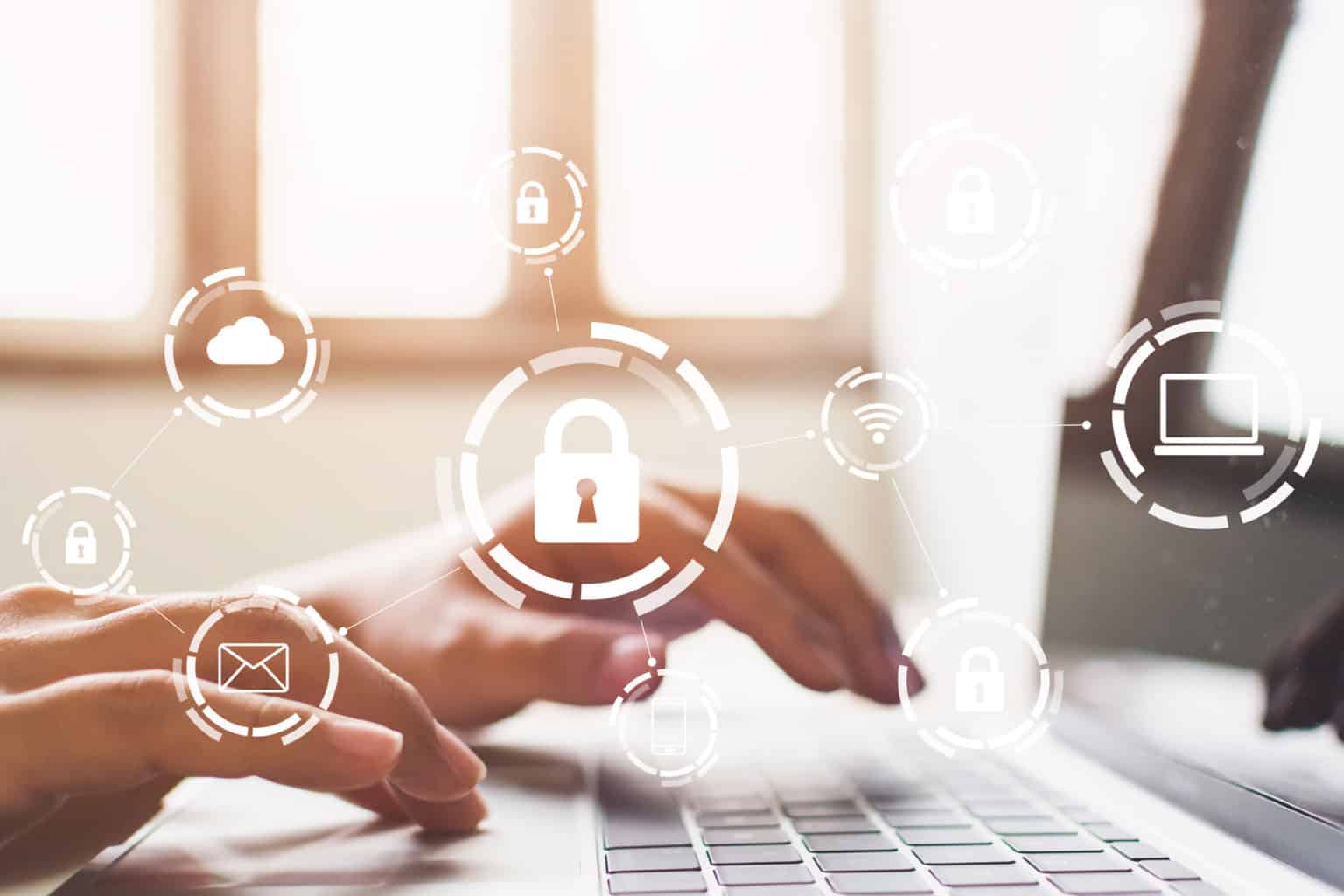Today, every successful business relies on email marketing to send clients and prospects notifications, promotions, and updates. Email marketing is beneficial to both businesses and customers, however, it can be tricky to get people to open your email with so much spamming and spoofing out there. Your email campaigns won’t do you much good if recipients aren’t opening them because they’re afraid of security risks. Using email authentication gives your customers and prospects peace of mind knowing that emails you send are actually from you or your business.
What is Email Spoofing?
Email spoofing is the fabrication of an email header in the hopes of tricking the recipient into thinking the email originated from someone or somewhere. It’s common for spam and phishing emails to use spoofing to dupe the recipient into trusting the origin of the message. The ultimate goal of email spoofing is to get recipients to open and even respond to a solicitation. More malicious spoofing can result in significant security threats like installing ransomware on a network.
What is Email Authentication?
When you send an email to a customer or prospects, it first goes to a mail server. The server tries to determine if the email is from who it says it’s from – you. Things like previous engagement for your sends among users, sending reputation associated with your domain and IP, and other factors to determine if your email will successfully get delivered. After the receiving mail server has checked for SPF records and the DKIM keys, it will send your email.
What Exactly Does the Receiving Mail Server Look For?
It’s a bit complicated, but there are a number of important things a receiving mail server looks to check off before sending your emails. The server looks for specific items of information in your email, along with DNS records of your domain, to determine whether the email is safe for users to receive.
- DNS – The domain name system is like an online phone book that organizes and identifies domains. The DNS translates your web address “www. nameofyourbusiness.com” into the physical IP address (a string of numbers) of the computer hosting your website.
- SPF – Sender Policy Framework record is a DNS record that identifies specific mail servers that send email on behalf of your domain. With SPF records in place, a receiving mailbox can determine if the email is sent from and IP address that has been authorized.
- DKIM – This is a method of authentication based on adding an encrypted signature to your emails. DKIM is one of the most effective ways to fight abuse, and can greatly improve the deliverability of your emails.
Why Email Authentication Matters
Email authentication is a response to the continued use of email as a platform for fraud, spam, and spoofing. To fight ever more sophisticated fraud, more robust measures are being taken by ISPs and receiving mailboxes to protect users from spam and phishing emails. As a result, businesses must use authentication to ensure the successful delivery of their emails. Senders without authentication are increasingly finding themselves at risk of not reaching their customers.
Need Help Setting Up Email Authentication for Your Emails? We can help, contact Doohickey today!

